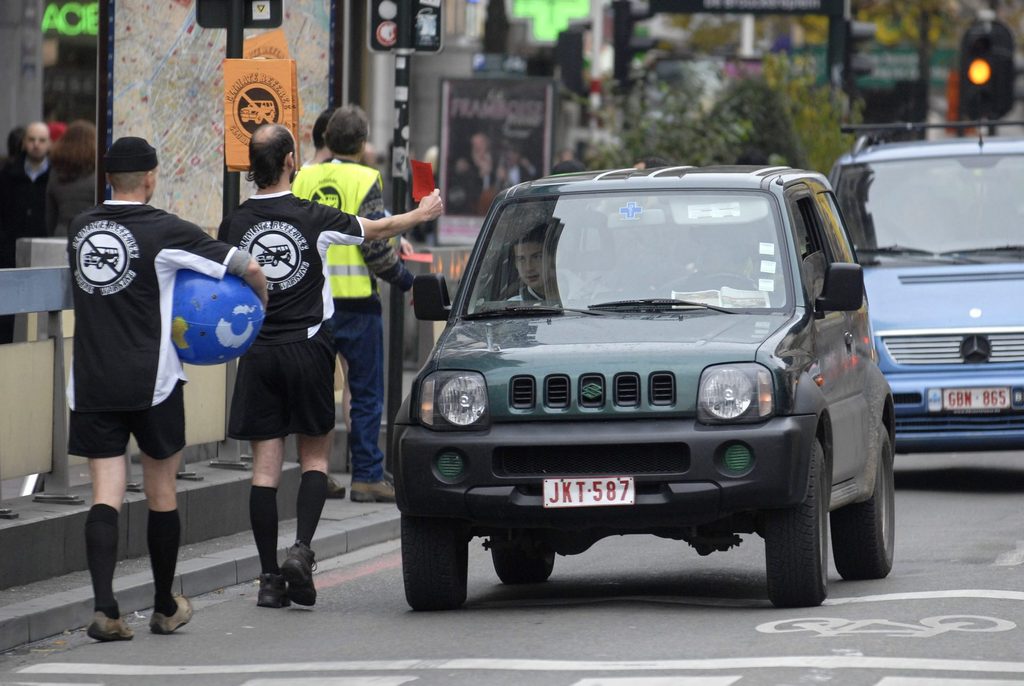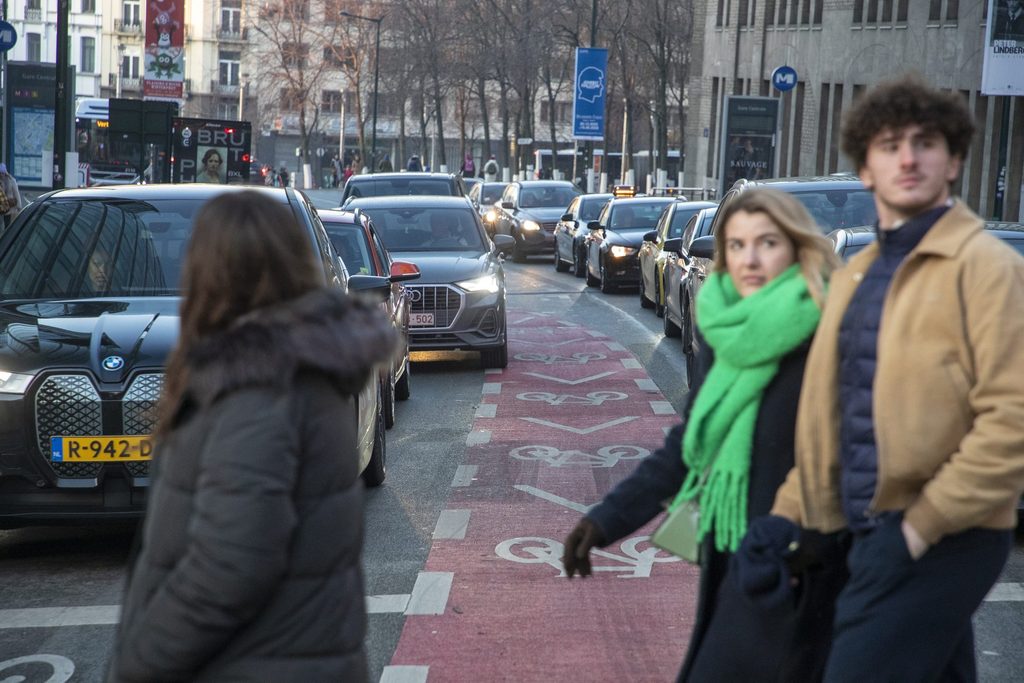Europe plans to implement new restrictive driving regulations this year, focusing on preventing accidents among both younger and older drivers. One proposal put forward by the European Commission is to ban novice drivers from using SUVs.
The EU has set an ambitious objective of eliminating road fatalities by 2050. Achieving this goal, however, is proving to be more difficult than anticipated. Whilst the European Parliament's Transport Committee remarks a significant reduction in road deaths since 2000, this decline has since stagnated. It highlights a renewed impetus to enhance road safety measures across the continent.
One notable proposition from the Commission is a two-year provisional period for new drivers – a regulation not currently adopted by all EU Member States. Only after this probationary period would drivers receive their permanent driving licence. Moreover, the interim phase would restrict new drivers to speeds of no more than 90 km/h and would prohibit them from operating heavy off-road vehicles such as SUVs.
Growing debate on SUVs
In the US, SUVs and trucks are statistically far overrepresented in accidents involving pedestrians. Raised higher above the ground, pedestrians sometimes fall into the blindspots of these vehicles, increasing the chance of an accidental collision. Their large size also increases the risk of so-called “backover deaths”, when drivers reverse with reduced visibility.
SUVs have faced sharp criticism in Europe in recent years after a series of fatal accidents. One incident in Berlin at a busy intersection involved a Porsche Macan SUV which lost control, mounting the pavement and killing a three-year-old boy and his 64-year-old grandmother, as well as two men in their 20s.
German business newspaper Handelsblatt labelled the incident as “SUV insanity” on their front page. A mass rally followed in the German capital to demand that the vehicles be banned from the city. In Brussels, vigilantes have begun sabotaging parked SUV vehicles in protest against their high emissions and large size.

A 'climate referee' gives a 'Global Warning red card' to a 4x4 car in the centre of Brussels, November 2007. Credit: Belga
However, the Commission’s proposal is not without criticism with some studies concluding that accidents involving SUVs were no more deadly than for other vehicles. A European Parliament report also concedes that data about the deadliness of SUVs in the US is largely inapplicable in the EU.
The Commission also proposes restricting young drivers from driving between midnight and 06:00 at weekends.
In a comment to Het Nieuwsblad, Dirk Lauwers, professor of mobility at the University of Antwerp, agreed with most of the proposed measures, citing the increased risk posed by heavy vehicles like SUVs, particularly when operated by inexperienced drivers: "Heavy SUVs or American pick-ups are known to cause more powerful accidents due to their weight and design. It make sense not to let young, inexperienced drivers drive them straight away."
Senior drivers
Road safety measures also apply to senior drivers: the EU proposes a mandate to assess the fitness of drivers once they reach a certain age. This would require motorists aged 70 and above to undergo a medical evaluation every five years to keep their driving licence. From the age of 80, this would be required every two years.
This too has faced significant pushback, particularly from Germany and Austria. Austrian Mobility Minister Leonore Gewessler denounced the proposal as “discrimination against older people”.
Lauwers acknowledged the mixed views on health checks for elderly drivers but highlighted the inevitable decline in vision and reaction times that come with age. In this context, he deems the proposal sensible, saying that although older drivers may compensate with experience, their regular involvement in accidents is highlighted in statistics.
"The qualities you need to drive well – good vision, quick reactions – simply deteriorate with advanced age… data shows that older drivers are regularly involved in accidents."
Related News
- Too big and antisocial: Brussels looks into anti-SUV measures
- SUVs represent one-third of all cars sold in Belgium
Another significant proposal is a Europe-wide speed limit of 130 kph, which would impact countries like Germany where certain motorways have no speed limit. This proposal has sparked controversy, particularly in Germany, where it is perceived as excessively stringent.
The projected timeline for these new rules, notably to establish new European traffic regulations, has yet to be determined.

